Trending Now
Wednesday, Aug, 2024
Home / COVID-19 Impact On Higher Education In Africa
COVID-19 Impact On Higher Education In Africa
It is essential to consider how higher-education students are most affected by the pandemic...
 by Himani Verma /
by Himani Verma /  21 May 2021 12:36 PM IST /
21 May 2021 12:36 PM IST /  0 Comment(s) / 410
0 Comment(s) / 410

Higher education is on the back of the COVID-19 pandemic. The impact has been felt in every corner of society, not just healthcare and culture, but also in economics and business. African countries like Ghana have even reported shifts in economics as a result of this turn of events.
In light of this, it is essential to consider how higher-education students are most affected by the pandemic.
Available data shows that the impact on higher-education students has been less severe than that on other sectors, and data suggests no noticeable drop in enrollment levels.
Some students have reported significant disruption in their work schedules due to illness or death of their peers, but this is not a widespread problem. Many universities have implemented staggered starting times for lectures and exams to reduce overlap in response to these concerns.
Affected students have also been encouraged to take up voluntary responsibilities to keep their minds off their problems. Many universities have added extra-curricular activities in an attempt to keep students focused. Activities like picnics and lectures are used to fill the time that studies would otherwise be taken up.
In some schools, such as the University of Ghana, there has been a slight drop in enrollment levels, but it is unclear whether this is due to COVID-19 or other factors.
The study team expected the impact on higher-education students to be more significant than it has been. Though data could be better, the team believes that no significant drop in enrollment is due to COVID-19.
The real test will come when future years' data is assessed, but there have been no noticeable changes in enrollment rates over the past five years.
Teachers are also experiencing difficulties with teaching because of COVID-19. Some professors have even been forced to postpone examinations.
Because of the fluid nature of this pandemic, the study team did not expect any increase in flu-like illnesses or otherwise severe illness. Still, some teachers have reported experiencing fever and coughing because of COVID-19. Certain types of things happen in schools more often than others, and educators should be ready for them.
As per an article in the January 2011 issue of the International Higher Education Journal, international higher education journal, international higher education journal "Higher Education,"? published by Elsevier,? African universities successfully responded to the pandemic. However, the survey suggests that some universities are not prepared for a similar emergency should it occur again. In addition, research shows that knowledge of pandemic prevention and mitigation strategies is low among students and university staff alike.
The essay is based on a study conducted by colleges and universities in the IAU regions. The questionnaire was designed around the findings of IAU's Global Impact Survey on COVID-19, which was used to identify the impact of the pandemic on higher education institutions globally.
The survey, which was conducted between September 2009 and February 2010, revealed that 20% of Africa's HEIs had no cancellations. This is the highest percentage across all regions. Africa also fared well about the cancellation of teaching activities, with 24% of HEIs in the area announcing a complete shut-down compared to 27% globally and 33% in Asia.
However, the percentage of higher education institutions where teaching was entirely canceled remains low in all other regions (3% to 5%). This statement suggests that there are opportunities to improve our response in the event of a similar emergency.
This article is co-authored by Professor Peter Mwansa from the University of Botswana, Dr. Lucy Mgosha from Georgia State University, USA, and Dr. Chitra Pande from IAU Regional Office for Africa.
Over the past decade, Massive Open Online Courses (MOOCs) have become an essential player in the higher education landscape. The popularity of MOOCs is based on their accessibility and low cost. This has resulted in an explosion of participation worldwide, with a more than tenfold increase recorded between 2010 and 2014.
Based on our study, 88% of the surveyed students said that their school had discontinued in-person classes because of COVID-19.
A high level of uncertainty characterizes the field of MOOCs. While many have seen MOOCs as the solution to address education in areas with scarce resources, other analysts have raised concerns about the scalability, quality of instruction, and impact on developing countries.
Some, such as the University of Cambridge, support the rapid expansion of MOOCs through automated adaptation. However, others argue that further research needs to be done on the impact and effects of MOOCs on developing countries.
This article presents a study comparing global MOOCs and in-person courses to assess their diffusion levels in African universities. We analyze how MOOCs are used in Africa and their impact on the higher education system. We present a cost-benefit analysis that recommends that governments consider the overall costs and benefits of technology adoption.
The Centre for Open and Distance Learning in Kenya is working hard to earn the COVID Quality Charter 20 by 2020.
The Centre is implementing a project named 'Online-Centers for Higher Education which will support the academic staff and students at selected Universities in Kenya in taking their teaching/learning online by 2014. It is a very ambitious project implemented with the key objective of improving higher education quality by enhancing teaching and learning practices using ICT.
Over the last decade, higher education institutes have experienced rapid growth and technological advances in e-learning. The rate of change has also led to uncertainty about how institutions will cope. This paper presents a study of the impact of international development-financed COVID-19 projects on higher education in Africa.
The COVID-19 project was designed to help institutions improve their teaching and learning practices by leveraging digital communication and information technologies developments. It is a collaborative program between UNESCO, Fachhochschule Nordwestschweiz (FHNW), International Centre for Education in Islamic Finance (INCEIF), and eLearning Africa. The Swiss Agency funds the project for Development and Cooperation (SDC).

Blog / February 11, 2024
Mastering Spoken English: A Journey Through Real-Life Conversations

Blog / January 19, 2024
The Crucial Need for Cybersecurity Education in School Curriculums

Blog / December 19, 2023
How Gamification Transforms Learning into Adventure

Blog / December 01, 2023
Empowering Education: How Artificial Intelligence Shapes the Future of Learning

Blog / September 10, 2023
Looking for Scholarships? 3 Programmes to Apply for by September-October 2023

Blog / May 11, 2023
Top 10 Career Choices for Generation Z
EShort / February 16, 2024
IMS Noida Admissions 2024: Apply for UG, PG programmes
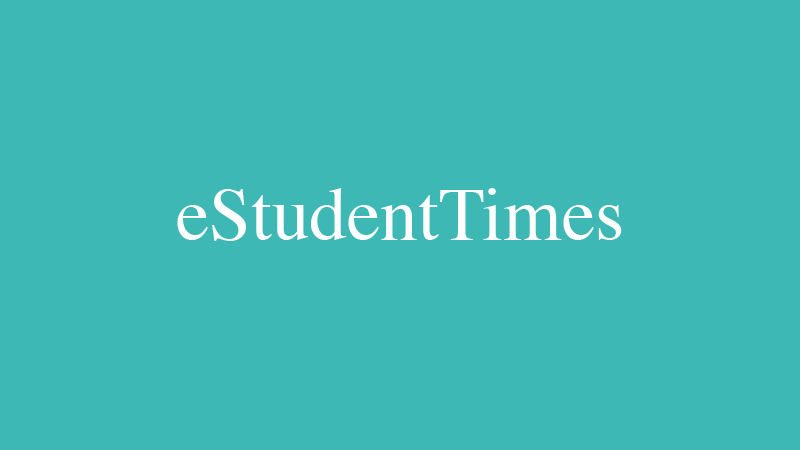
EShort / February 16, 2024
GATE 2024: Response sheet out
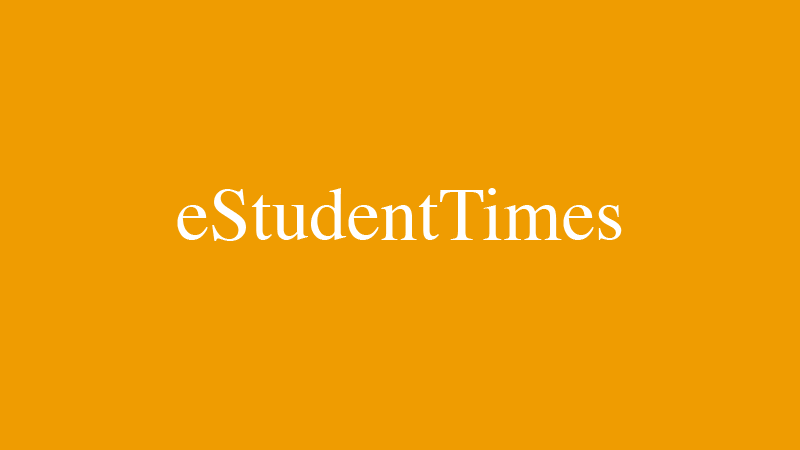
EShort / February 16, 2024
BSSTET 2023: Admit card released
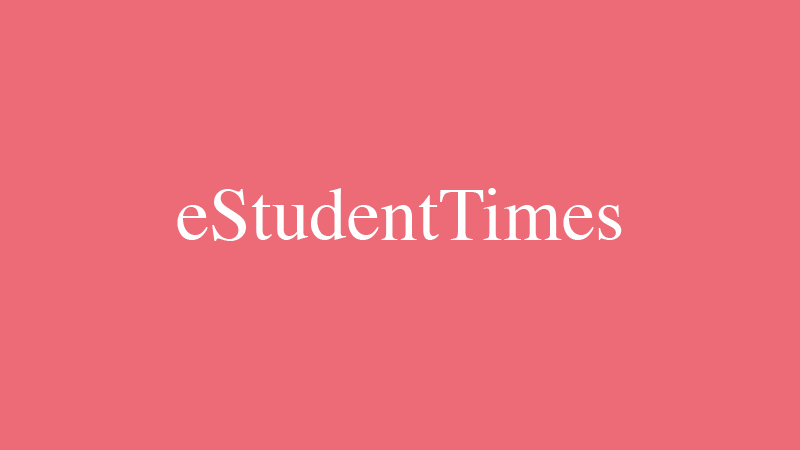
EShort / February 16, 2024
NID DAT 2024: Prelims result released
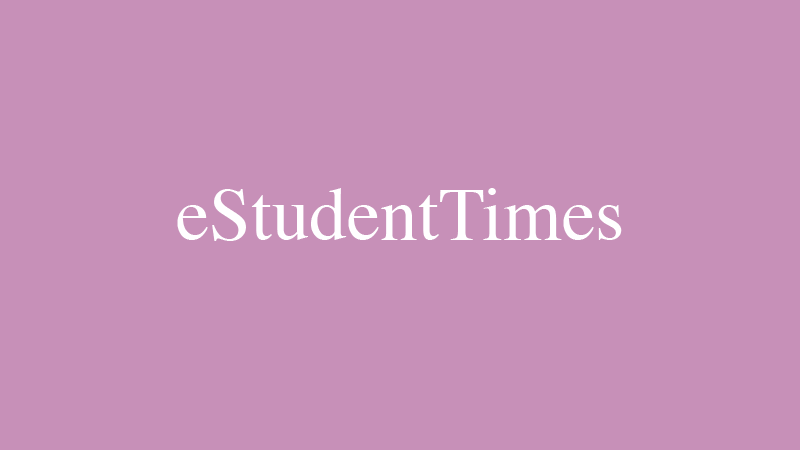
EShort / February 16, 2024
IIT JAM 2024: Response sheet released

Jobs / February 16, 2024
UPSC Recruitment Drive 2024: Apply for 120 vacancies in various departments
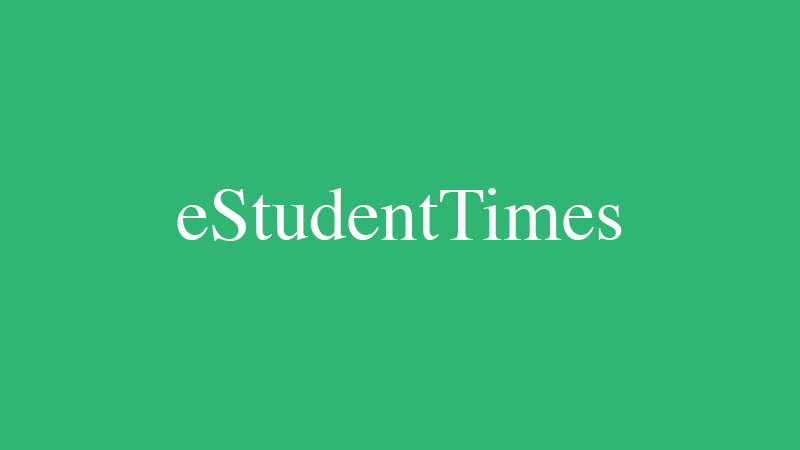
EShort / February 14, 2024
UPSC CSE 2024: Official Notification issued; application process begins
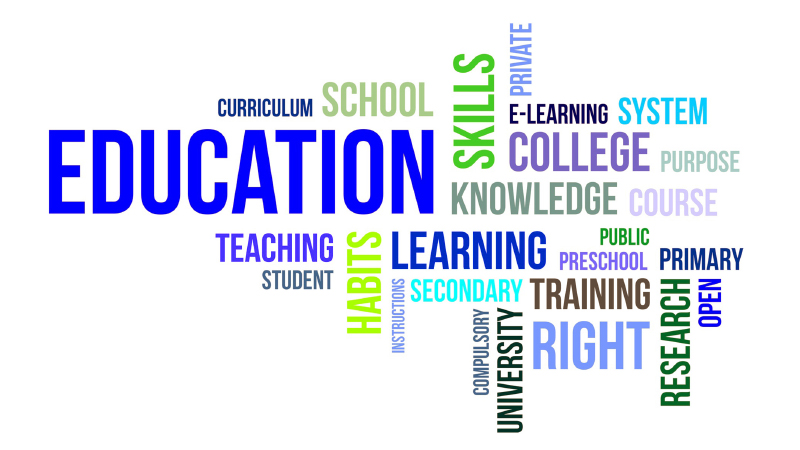
Editor's Desk / April 17, 2020
How Does Society Impact Our Education?

Current Affairs / April 22, 2020
Mr. Sudarsanam Babu appointed to U.S. Science Board.
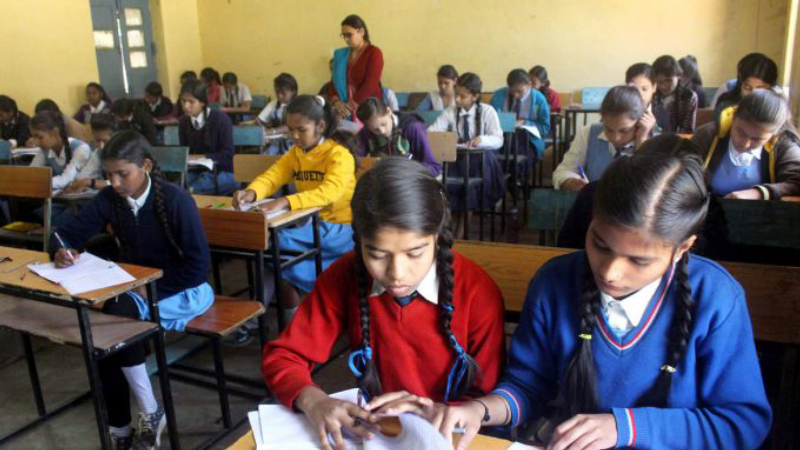
Reforms / April 17, 2020
Traditional Structure of Education In India
.jpg)
Events & Seminars / April 17, 2020
PISA!!
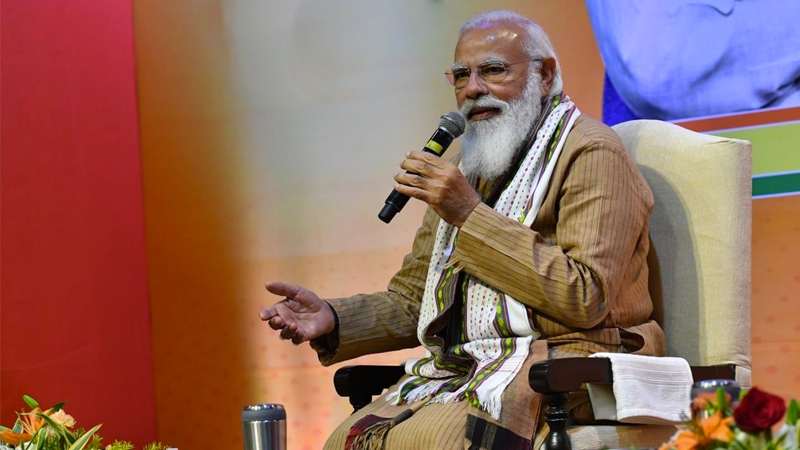
Blog / February 26, 2021
Government's Action On #ModiRojgaarDo
EShort / May 19, 2022
CUET PG 2025 has started the registration process.

Notice Board on Important Dates / April 21, 2020
World Heritage Day

News / July 08, 2021
JEE Mains Registration For Session 3: Last Date To Apply
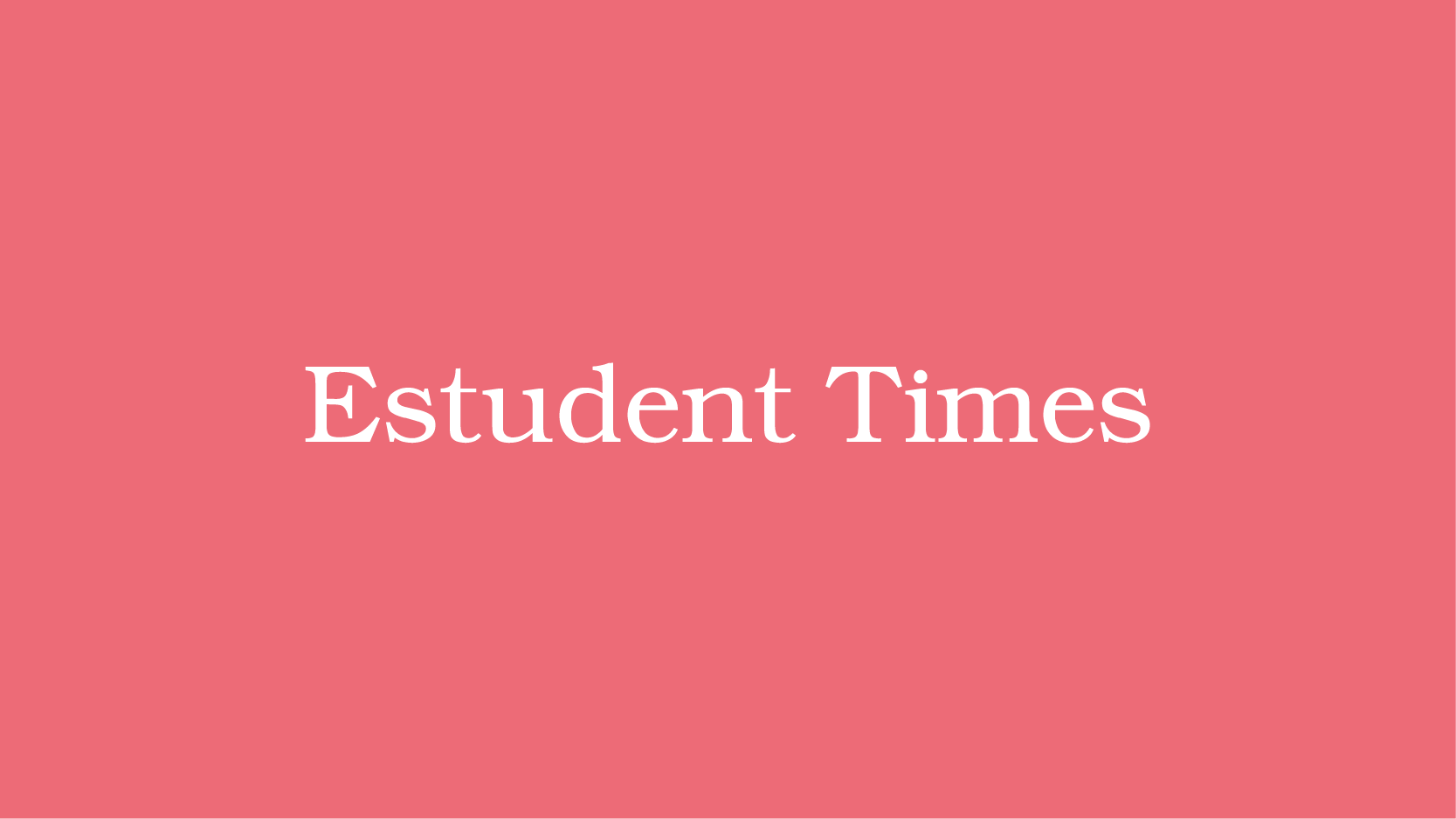
EShort / June 11, 2022
KCET 2022 registration reopen today
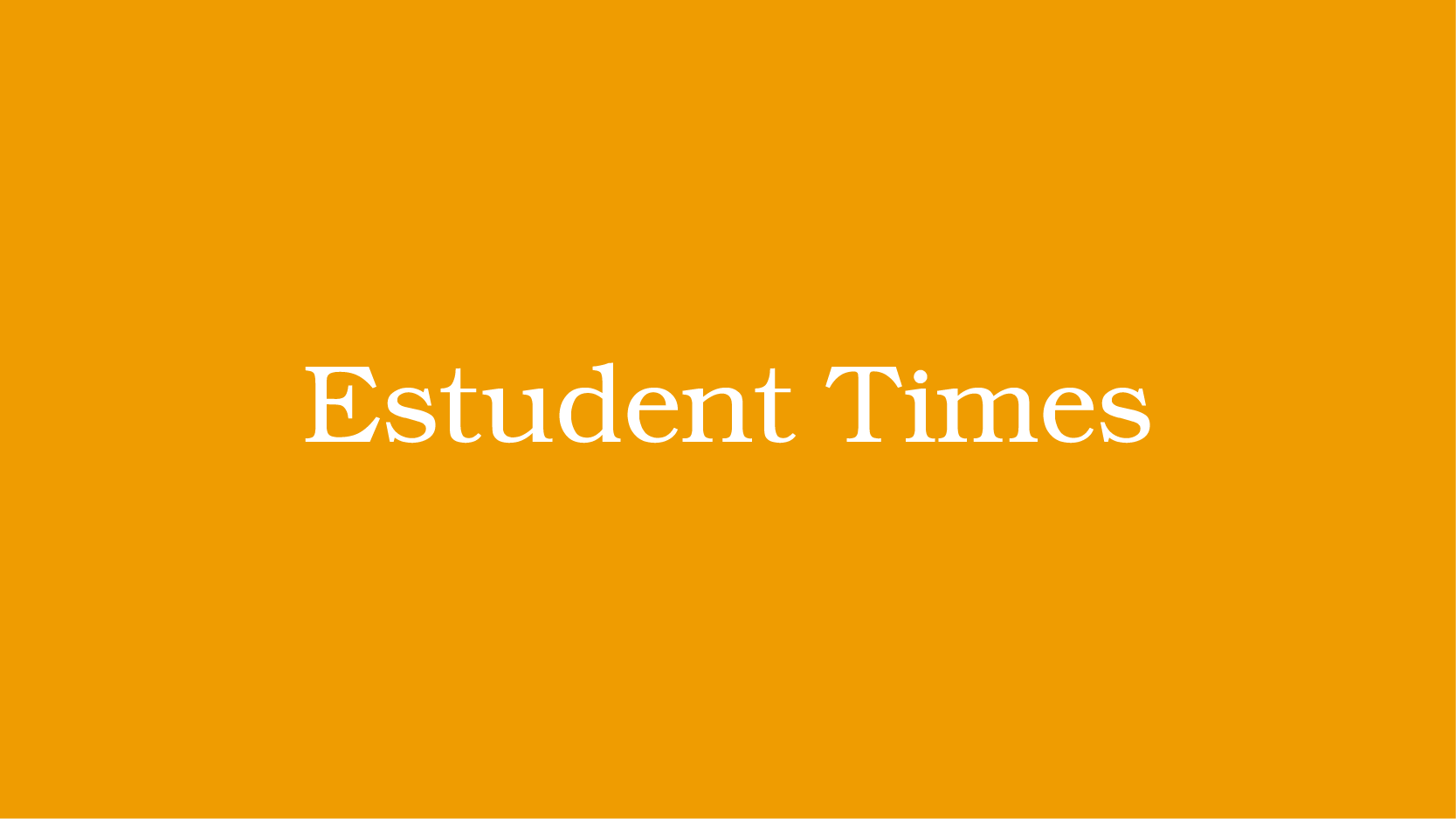

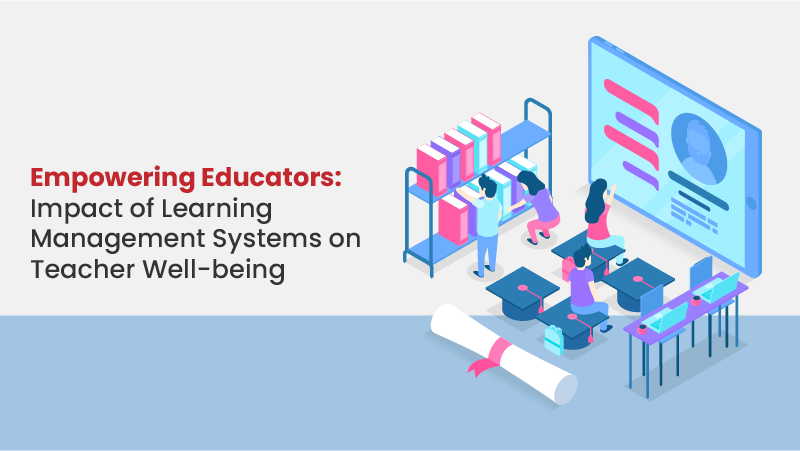





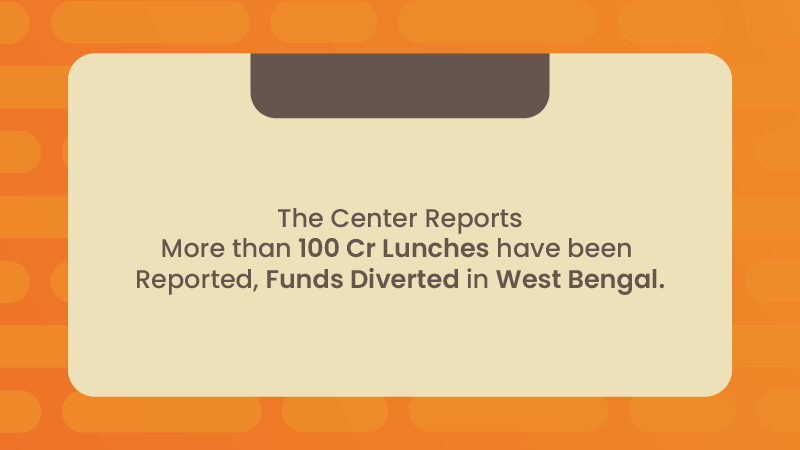

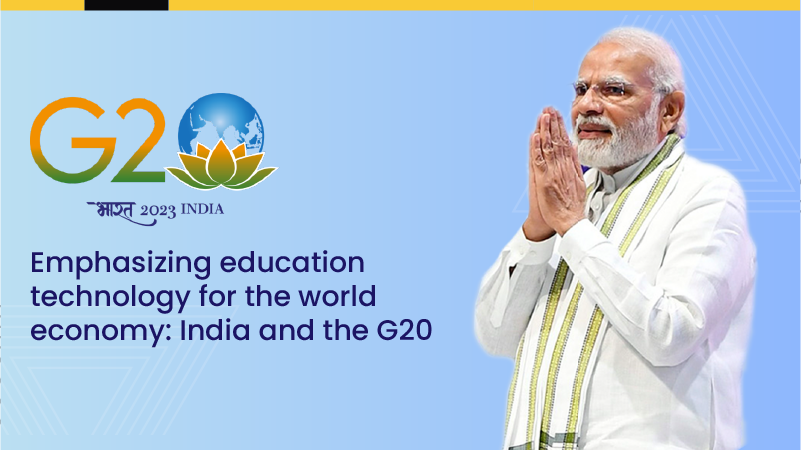

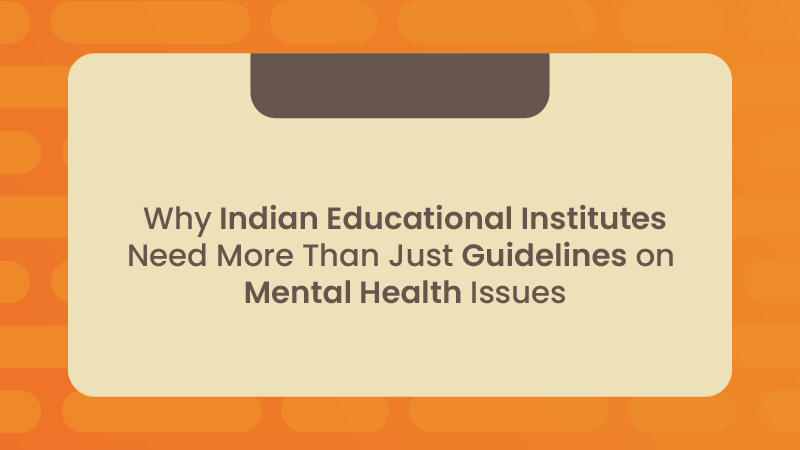


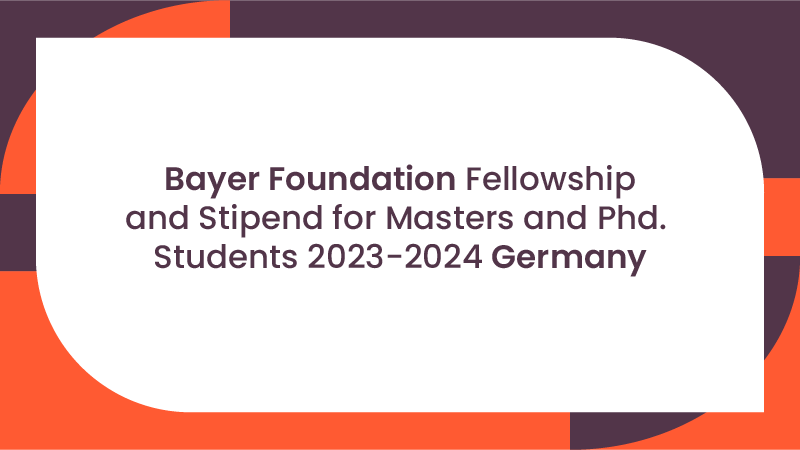



0 Comments
Post Comments